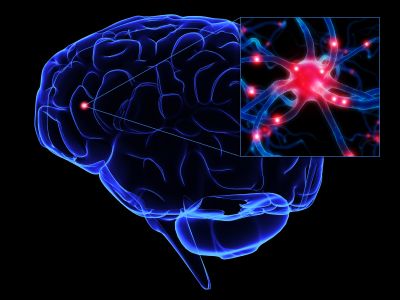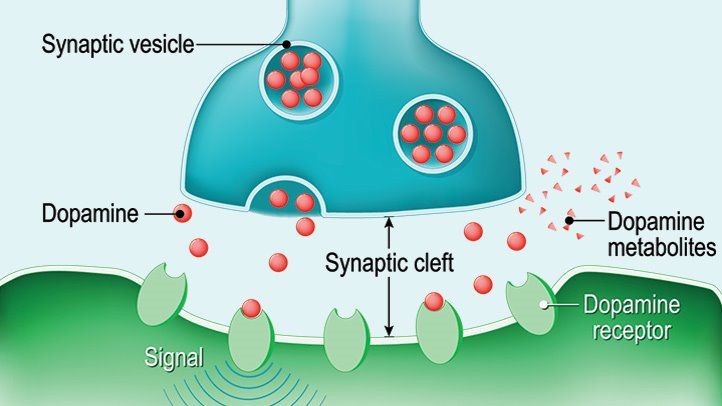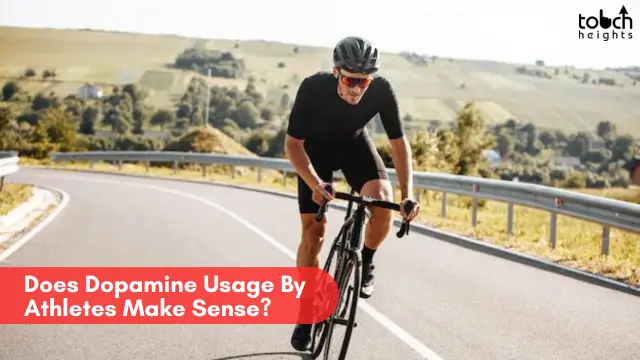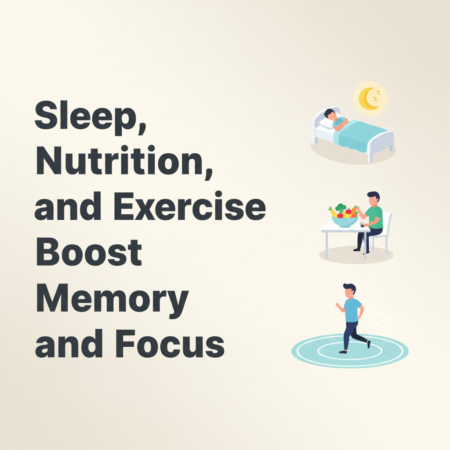Dopamine is much more than the “happy hormone,” as you may well know. Dopamine plays a crucial function in the brain’s thermoregulatory center, which is why variations in dopamine concentration have been linked to variations in the control of core body temperature during exercise. This is crucial since performance improves with a dopamine hit at 25°C or above, even if tests on endurance exercise at typical ambient temperatures show no substantial advantage above the placebo.
Since dopamine is synthesized by the body, it cannot be taken orally as a gel. However, certain meals and substances can raise levels of dopamine. Fish oil, the amino acids L-theanine and tyrosine, and the phospholipid “phosphatidylserine,” which is present in cell membranes, are a few examples. Expect to see more and more gels on the market that not only give you a boost of energy but also mess about with your neurotransmitters.
Recognizing The Brain’s Chemical Processes
Our performance is influenced by how we conceptualize the brain’s chemical processes. You’ll never need to focus on just one area of occupational readiness, Black said in response to my assertion during our exchanges.

Physical performance and mindset are related. They eat together. The intellect gets tougher via physical exercise. You can push the boundaries of your physical ability if you have a strong mental fortitude. No matter how psychologically strong you are, it won’t matter if you lose all situational awareness while climbing a staircase while carrying 80 pounds of bunker gear because your pulse rate is twice as high as it should be.
Benefits of Dopamine For An Athlete
Dopamine Might Aid in HGH Secretion
Dopamine aids in controlling blood flow, hunger, and cognitive function, as we covered previously. But did you know that it’s also connected to HGH (human growth hormone) production? As you might have guessed, this hormone is linked to a variety of advantages for growing muscle, such as optimum muscle growth and development, and it also has a big impact on recuperation.

According to one study, dopamine agonists are essential for controlling the release of HGH and insulin-like growth factor-1 (IGF-1).
It becomes tougher to maintain and gain muscle mass and strength as we age because the pituitary gland produces less HGH. Mucuna supplementation is essential because of this.
Testosterone May Rise With Dopamine
Dopamine has been shown in research examining Parkinson’s disease patients to be able to stop the decline in testosterone levels. Dopamine’s capacity to block prolactin is assumed to be the cause of this (a hormone responsible for lowering the levels of luteinizing hormone and testosterone).
Male infertile males between the ages of 25 and 40 have demonstrated higher testosterone levels after taking Mucuna pruriens. Mucuna pruriens therapy also considerably enhanced dopamine, adrenaline, and noradrenaline function.
Mucuna pruriens increases male fertility by influencing the hypothalamus-pituitary-gonadal axis, according to different research. [7] Infertile males from various tribes were evaluated in this study. All participants had lower sperm counts and serum levels of luteinizing hormone and testosterone. Mucuna pruriens treatment dramatically increased the levels of T, LH, dopamine, adrenaline, and noradrenaline in infertile males. In fact, after receiving this therapy, infertile men’s sperm counts considerably increased.
Dopamine Could Boost Mental Acuity
Parkinson’s disease symptoms, including maintaining daytime alertness, have been proven to be improved with dopamine. It turns out that dopamine, as opposed to other medications, can create higher degrees of alertness.
Dopamine Might Help With Motivation
Although the majority of athletes are intrinsically driven, increasing the amount of dopamine and mucuna pruriens in your diet may increase your rate of motivation.

Dopamine seems to play a role in both goal-directed and motor activity. Dopamine-producing neurons expand into nearby motor and motivational regions of the brain on the inside. And on the outside, incentives like food, sex, and cocaine stop rewarding behavior when scientists block dopamine release.
Your mental toolkit
An immediate recovery from stress reactions before, during, and after an encounter with adrenaline, release can be facilitated with the aid of cognitive aids like the physiological sigh. Dopamine may help us balance our lifestyle and keep our minds focused on achieving our worthwhile objectives if we have a positive relationship with it. Of course, these factors coexist alongside the tactical athlete’s standard practices, which include adhering to healthy eating habits and exercising deliberately.
We’re not only attempting to become better by knowing how our body systems interact with one another. The tactical athlete is forced to perform because they committed; this is not a pastime, as is the case with most people who follow a routine for enjoyment.
Bottom Line
Dopamine and mucuna pruriens supplements are beneficial for everyone, but adding them to an athlete’s routine may help them perform even better in the weight room and on the field.







